One of the many things I’ve come to appreciate much more as a result of the pandemic is the importance of human connection.
I’m a natural introvert so there were periods early on in the past 18 months when I was actually quietly delighted to have a legitimate reason to not be attending parties or social events. As an only child, in a single-parent home, much of my childhood had prepared me well for keeping myself occupied without a great deal of social interaction.
Fortunately, my partner and I are very happy in each other’s company, so we were keeping each other entertained and wiling away the lockdown months, happy as clams in our own little bubble.
I’m also a man which, as some of the articles in this week’s The Power Up outline, means that maintaining social connections comes less naturally to me. As well as being, despite my best efforts, less emotionally aware.
This combination, as well as the slow, creeping nature of loneliness can make it hard to identify that we’re suffering negatively from it.
In my case I count myself fortunate that a month-long trip back to the UK put me back in surroundings where I was able to quickly benchmark my mental state against how I usually felt when I was back in London – and quickly notice that I most definitely did not feel as positive as I remember feeling last time I was there, or when I lived there. Something was up.
In a vey helpful chat with my therapist I was introduced to BACE, a CBT-based framework which reminded me of the importance of connecting with others and made me realise how little I had been doing it (more about BACE below). And luckily for me, being back in my homeland temporarily with family and friends just a short trip away and with Covid restrictions lifting, I was able to quickly redress that balance I had been missing so much without realising.
Now that I’m back in the Netherlands I’m determined to not slip back into the same state of isolation I had allowed myself to fall. It’s not easy. After 18 months of isolation socialising again takes a lot of energy, but the positives make it well worth the investment.
I’ve learned a valuable life lesson, and even if we experience a fourth wave in the autumn or winter I will do the most I can within the restrictions to stay connected with family, friends and my community.
So with all that fresh in my mind, friendships, connection and loneliness are the theme this week, with articles and inspiration covering the following…
In this week’s issue:
- How to get your friends out into the world again
- How to make friends as an adult
- 5 things you need to know about loneliness
- Why are men so bad at friendships?
- Video: You are not alone in your loneliness
- The antidote to loneliness is good social nutrition
- Improve your wellbeing with BACE activities
- Podcast: The hidden tragedy of male loneliness
Plus plenty of bonus content too.
As ever, I hope you find something in this edition that helps you connect with new or existing friends for the good of your, their and our collective wellbeing.
Enjoy!
ON FRIENDSHIPS & LONELINESS / FEATURE
How to get your friends out into the world again

According to mental health charity Mind, Covid has left many of us dealing with a range of emotions, including anxiety, depression, fear and fatigue.
So it’s understandable if some of us or our friends are still reluctant to meet up for a cheeky pint.
Here are some tips to reclaim your social confidence
ON FRIENDSHIPS & LONELINESS / ADULTHOOD
How to make friends as an adult
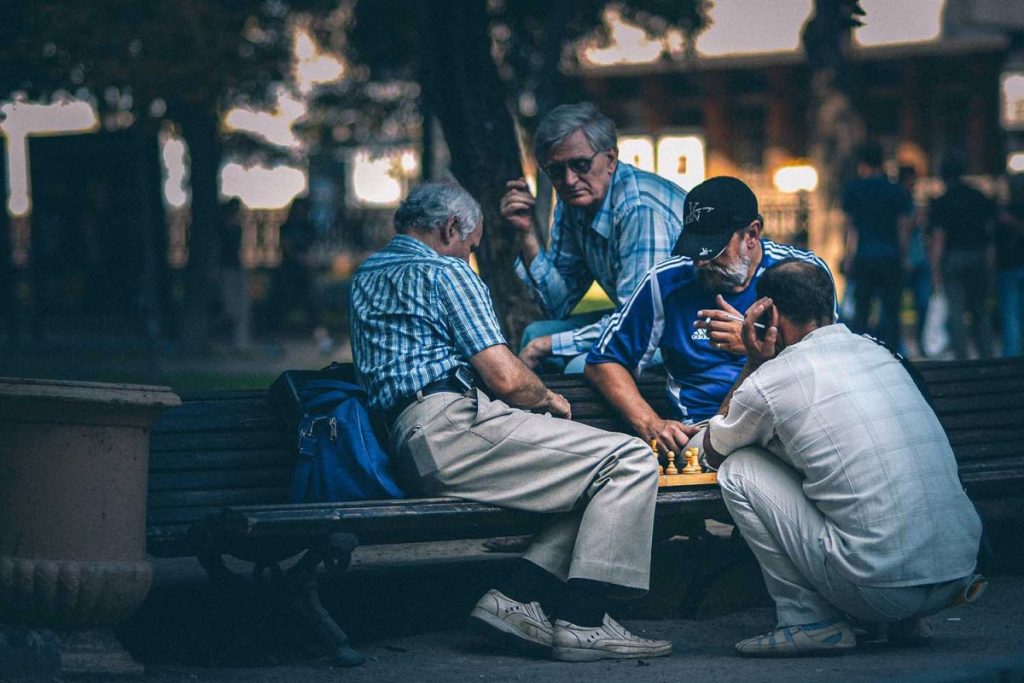
Getting back into the world to socialise is easier said than done if you’re in a new place, or if your existing friends are no longer around for whatever reason.
And making friends as an adult is certainly not as easy as it was when we were children – especially in the midst of a pandemic when people are more wary of coming into contact with strangers for health reasons too.
Even aside from the natural human fear of rejection, making new friends takes a lot of time—something we all are a little short on these days.
But science tells us it’s well worth the effort.
Good friendships have a range of benefits, including better immune functioning, decreased risk of disease, illness, and injury, reduced stress and even speedier recovery when sick.
And it’s totally possible to make new friends in spite of pandemic restrictions. This article lays out a range of helpful strategies to both meet new people, and reconnect with old pals.
ON FRIENDSHIPS & LONELINESS / MIND
5 things you need to know about loneliness
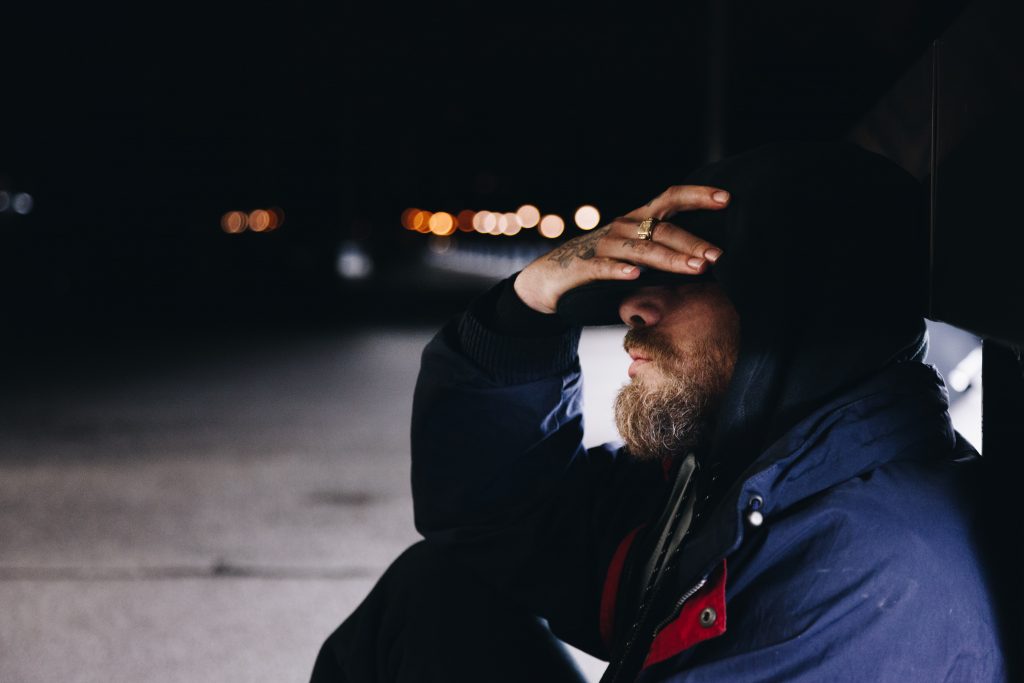
Even though the effects of loneliness have been proven to be as harmful as smoking, general understanding of loneliness as a powerful, negative emotion is pretty low.
Lonely people tend to blame themselves for feeling that way, and when we can’t find any apparent reason for our loneliness, we can think of ourself as weak, or that something must be wrong with us.
No matter how well we might appear to be doing in life to outsiders, loneliness can find its way in and affect the way we perceive ourselves and our social relationships. In fact, as highlighted in the book Lonely at the Top, those considered by other measures to be highly successful are at very high risk of loneliness.
This Medium article outlines five things we need to understand about loneliness in order to better tackle it.
ON FRIENDSHIPS & LONELINESS / SPIRIT
Why are men so bad at friendships?

Last month, data posted by Dr. Scott Barry Kaufman on Twitter revealed a very worrying statistic:
“Heartbreaking: 15% of men and 10% of women in America have no close friends. The decline is most pronounced among men,” Kaufman tweeted along with a chart from the Survey Center on American Life.
“In 1990, only 3% of men reported having no close friends. In 2021, the number rose to 15%. We need to help; friendship strongly predicts life satisfaction.”
According to the American Perspective Survey, which was conducted in May of 2021, it appears men have suffered a steep decline in friendships, and young men are faring the worst.
Per the study, “More than one in four (28 percent) men under the age of 30 reported having no close social connections.”
Unfortunately, this survey only adds to the growing body of research that has found our social circles, overall, are receding — but the decline is still most prominent among men.
Men’s “friendship crisis” has been well documented over the past couple decades, yet the problem still persists and is only getting worse.
So, why are men so bad at friendships?
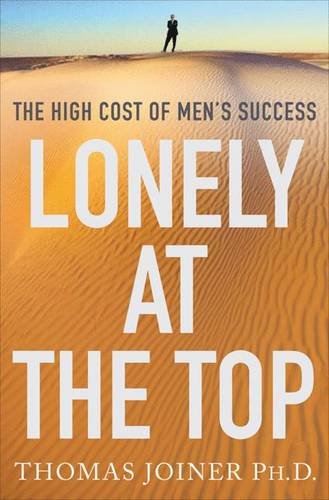
R E C O M M E N D E D
Book: Lonely at the top
Many men pay a high price for the pursuit of success and power that we think society demands of us. Taking family and friends for granted, we often neglect relationships to pursue professional ambitions, only to ultimately find ourselves with few real friends to call on in hard times.
In Lonely at the Top: The High cost of men’s success, clinical psychologist Thomas Joiner makes an impassioned call for society to recognise the harmful effects that solitude is having on men in particular.
R E C O M M E N D E D
Book: Breaking the male code: Overcoming male isolation for a longer, happier life
Drawing on real-life stories & original research, psychotherapist Robert Garfield shows how friendships can serve as the foundation on which men can build and sustain deep relationships with all of their loved ones—including spouses, children, and parents—and in turn lead happier, healthier lives.
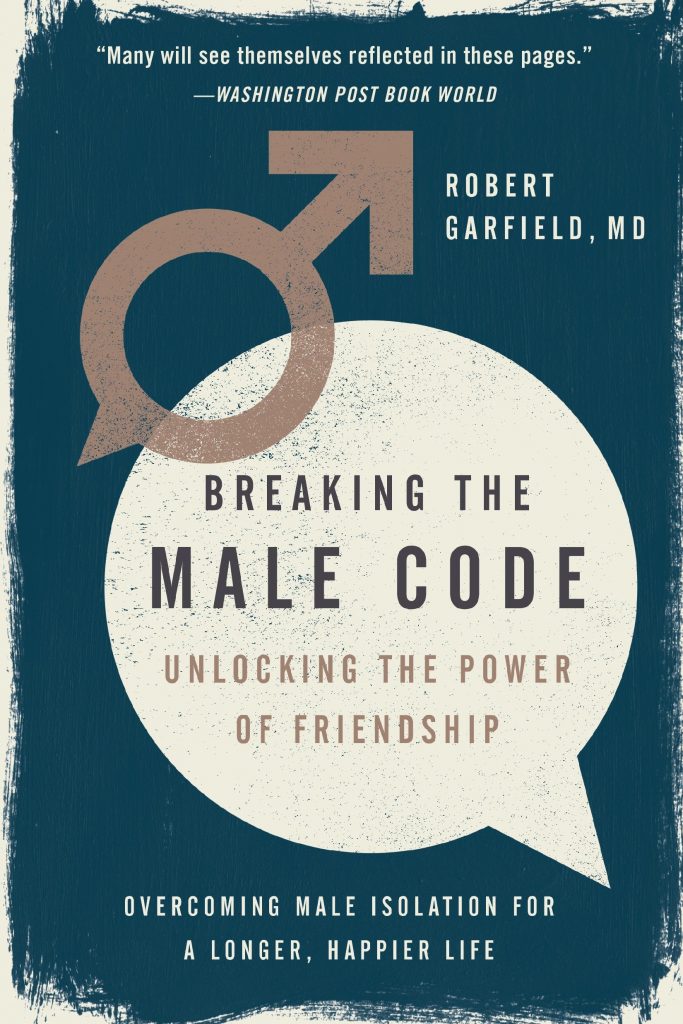
B O N U S
C O N T E N T
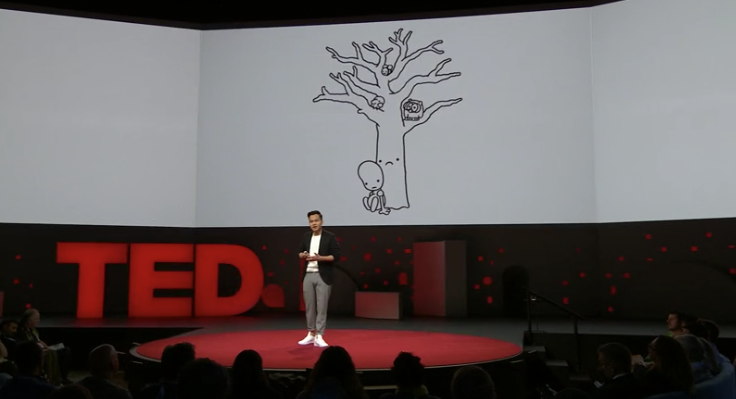
Video: You are not alone in your loneliness
How being open and vulnerable with your loneliness, sadness and fear can help you find comfort & feel less alone.
The antidote to loneliness is good social nutrition
Humans need a balanced social diet of a few meaningful conversations and many casual interactions.

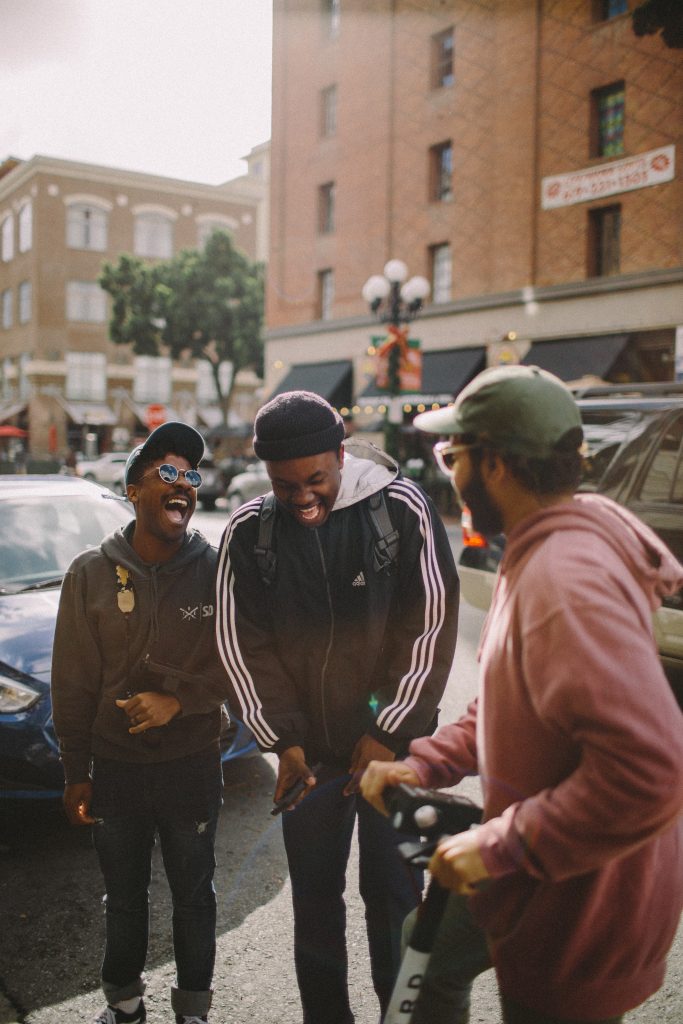
Improve your wellbeing with BACE activities
BACE is a CBT-inspired acronym framework we can use to remind us of activities that help us maintain a healthy sense of wellbeing.
How friendships change in adulthood
The voluntary nature of friendship makes it subject to life’s whims in ways that other relationships aren’t.
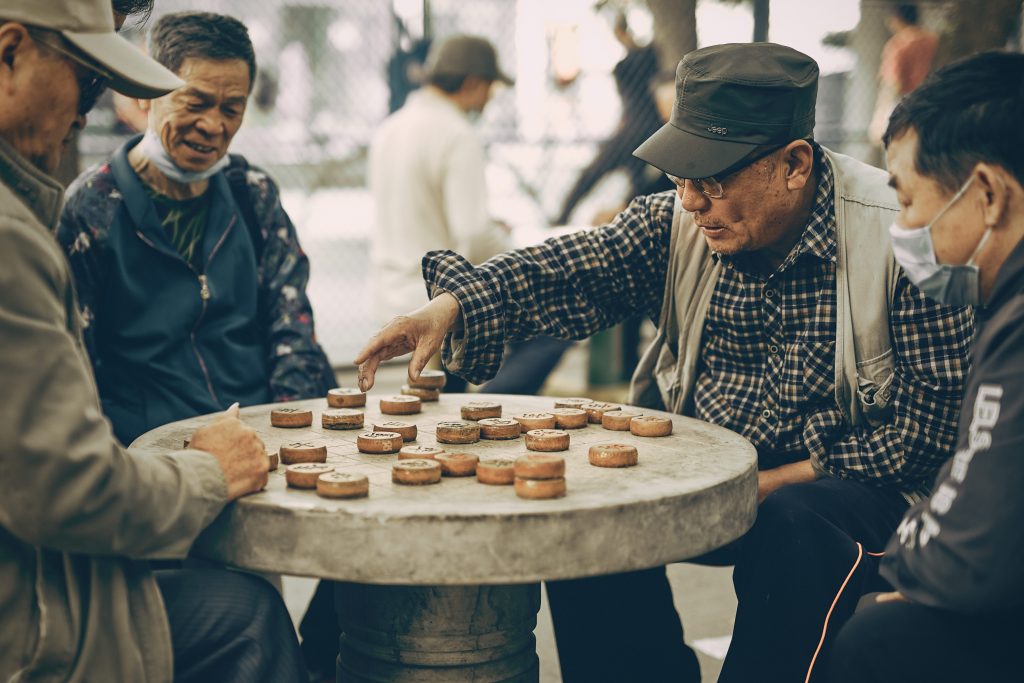

Podcast: The hidden tragedy of male loneliness
How a focus on work over relationships can bring significant, even tragic costs.
The unmistakable impact of having a few good ‘dad friends’
They’re difficult to find and even more difficult to maintain, but friendships are an essential part of being a well-rounded dad.
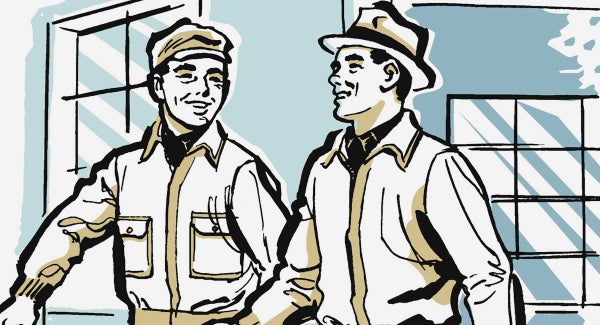
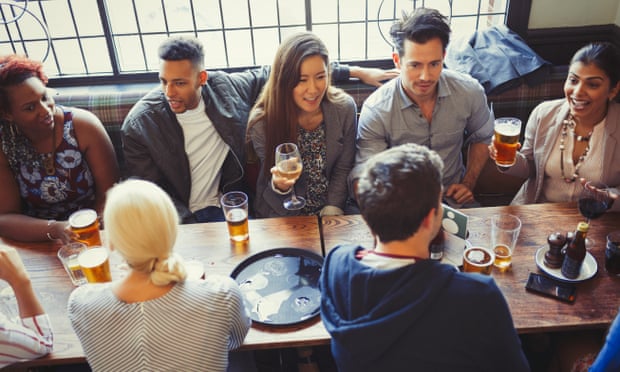
Loneliness isn’t inevitable – a guide to making new friends as an adult
Striking up friendships can be tricky. Four people who forged new connections explain how they did it.
“Friendship is unnecessary.
C.S. LEWIS
“like philosophy, like art… It has no survival value;
“Rather it is one of those things which give value to survival.”




